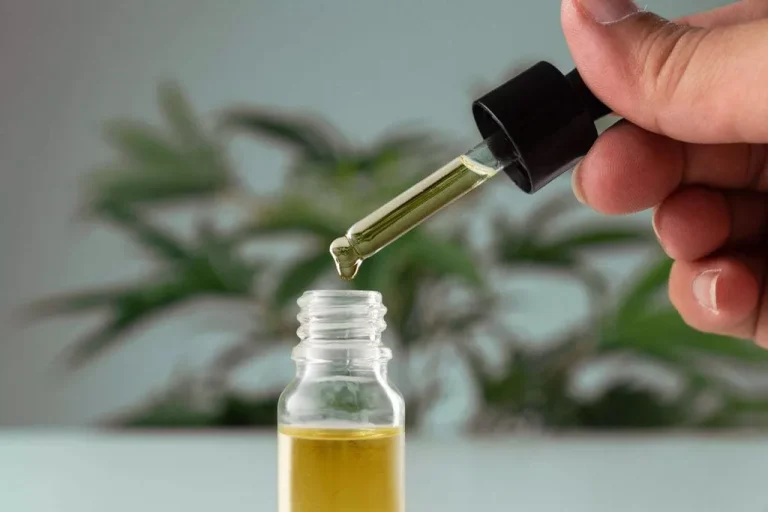
Alcohol affects sleep in many ways, impacting the body’s ability to get deep sleep and disrupting the process that helps maintain normal sleep. While alcohol might help you get to sleep more easily, it ultimately keeps you from getting deep, restorative sleep, making you feel more tired instead of more rested. Have you ever used alcohol to help you sleep, only to notice that you don’t feel well-rested when you get up the following day? Or have you ever woken up after a night of drinking, still feeling groggy? While alcohol may seem to make it easier to sleep, it actually disrupts sleep and makes you more tired.
Can You Die From Heroin Withdrawal?
- Insomnia results from a mismatch involving persistent activity in wake-promoting structures during NREM sleep, leading to simultaneous sleep and wake activity along with psychophysiological arousal (Buysse et al., 2011).
- Quit alcohol, and your body begins to readjust without its habitual depressant.
- Purple arrows indicate processes that favor unhealthy patterns of drinking, blue arrows indicate processes that favor sleep disturbance, and yellow arrows represent treatment processes that may favor abstinence.
- Hangovers notoriously leave us with headaches, stomach pains, nausea, fatigue, irritability and anxiety; for many, this also means spending the day slumped on a couch with intermittent naps and comfort foods and sports drinks in hand.
The closer alcohol is consumed to bed time, the more likely your sleep cycle will be affected. Sleep disruptions are also more likely if you drink on an empty stomach, or don’t hydrate while drinking. By taking a look at your own drinking habits and sleep quality, you’ll be able to better determine the role alcohol plays in your personal sleep cycle. The first few nights after stopping alcohol consumption are typically the most challenging for sleep.
Understanding Why You Can’t Sleep After Quitting Alcohol
Short-term insomnia after quitting drinking lasts anywhere from one to six months, and you are only classified as suffering from chronic insomnia after six months or more. This is the reason behind many of the common alcohol withdrawal symptoms, such as elevated heart rate and rapid breathing, shakes, and muscle cramps. Unsurprisingly, many people also find that they have trouble sleeping after quitting drinking.
- Addiction to alcohol and insomnia commonly co-exist, as many who have trouble falling asleep mistakenly turn to alcohol in order to help them get rest.
- A trial of CBT-I for insomnia and daytime sleepiness in adolescents reported improved sleep for those completing more than 4 sessions (30).
- However, while these drugs have a relatively moderate abuse liability in those without alcoholism or a history of sedative abuse, their risk in out-patients with alcoholism after acute in-patient withdrawal is unknown (25).
- Decreased REM sleep can impact your mental health and well-being in many ways.
- This condition occurs once your body has built up a dependence on alcohol and alcohol use suddenly stops, affecting sleep habits.
What To Do After Drinking Too Much Before Bed
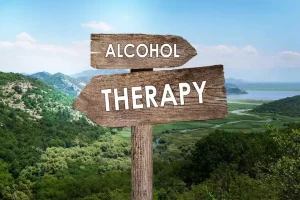
Ultimately, your overall sleep quality will take a hit as the alcohol starts to metabolize and its effects begin to wear off. And when this happens night after night, you’ll find yourself dealing with insomnia. Sleep typically begins https://ecosoberhouse.com/ improving during this period, though inconsistently. The National Institute on Drug Abuse (NIDA) notes that sleep latency (the time it takes to fall asleep) gradually decreases during this phase.
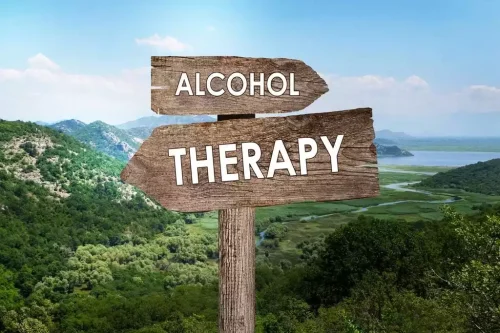
Alcohol Abuse and Insomnia Disorder: Focus on a Group of Night and Day Workers
- Sleep problems are often viewed as one of the last things to improve among people in alcohol recovery.
- Alcoholics at risk for relapse are easily identifiable by routine questions about sleep (4).
- A recent study tested participants with AUD and asked them to take melatonin every night.
- In other words, if someone in your family suffers from alcoholism, it places you at higher risk of also developing alcoholism.
- It can also cause anxiety and restlessness, which may contribute more directly to insomnia.
- Alcohol is one of the most commonly used psychoactive substances in the community.
Because of the damage that alcohol can do to your sleep cycles, sleep problems are common, even if you stop drinking. However, you may continue to have trouble sleeping for years after you stop drinking. They may believe it reduces their anxiety over the day’s events and helps them get to sleep. If this pattern repeats does alcohol cause insomnia daily, a person is more likely to become dependent upon alcohol to fall asleep. People who attempt to quit drinking without medical supervision may experience numerous alcohol withdrawal symptoms, including sleep problems that lead to hallucinations.
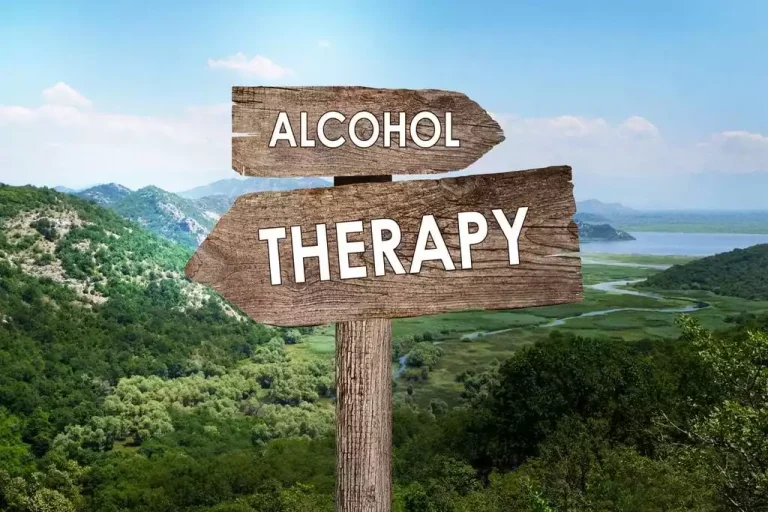
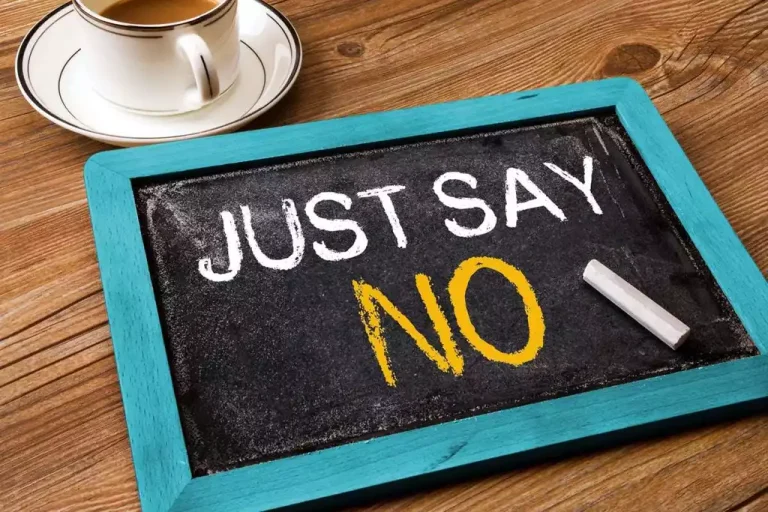
This article reviews the relationship between alcohol and insomnia, including how alcohol can affect sleep quality alongside the risks of poor sleep quality. It also considers ways to manage insomnia and prevent sleep disruption and answers some frequently asked questions. People with insomnia may have difficulty falling asleep or keep waking up during the night.
What If I Wake Up in the Middle of the Night After Drinking?
Not all alcoholics have a euphoric response, and clinicians are unable to predict who may misuse benzodiazepines. The studies of abuse liability of benzodiazepines in alcoholic persons suffer from the bias of only studying alcoholics seeking treatment. Some have argued that misuse of this class of medications is most common in severely dependent patients, and that less dependent patients may have little abuse potential (81,82). Alcohol can have either a stimulating effect that Alcohol Use Disorder increases sleep latency (time to fall asleep) or a sedating effect that induces sleep, depending on dose and the interval from drinking to bedtime. Stimulating effects are noted at low doses and as blood alcohol levels rise, usually in the first hour after use.
